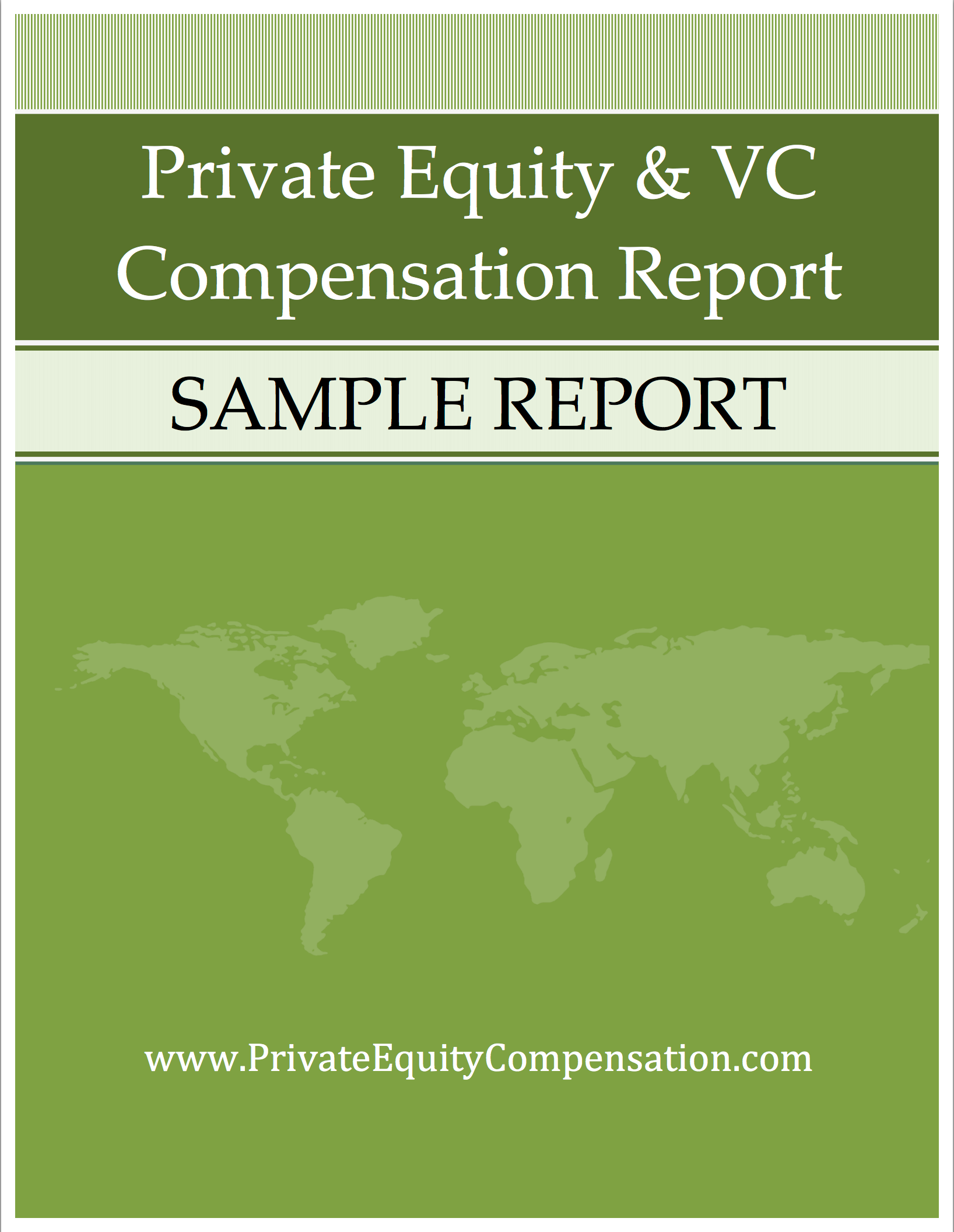Private Equity Compensation Outpaces Venture Capital
When it comes to compensation differences between private equity and venture capital firms, our survey found some interesting trends. In 2012, financial professionals were much better off, on average, in terms of compensation when working for a private equity firm than for a venture capital firm.
Differences were most noticeable at the top of the corporate ladder. At the principal level, an individual working in private equity could expect to earn approximately $450,000 a year, while his peer in venture capital would expect, on average, approximately $210,000 per year in total compensation. At the managing director level, the same trend was apparent, with the private equity employee earning about $200,000 more per year on average than a comparable individual in venture capital. Even at the lower levels within the organizations, compensation differences were certainly visible. At the associate level, the private equity employee could expect to earn approximately $30,000 more per year than a comparable employee working in the venture capital space. The gap declined substantially at the senior associate level, however, and then began to increase again as we surveyed the more senior ranks.
At both the top and bottom of the organizations, those working in firms that handled both private equity and venture capital type activities tended to be compensated more in line with the higher paid private equity employees. This is not unexpected, as most firms that operate in both spaces would generally describe themselves as a private equity manager first, with venture capital activities providing a secondary role.
In both private equity and venture capital, we did see increases in year over year total compensation, primarily related to bonuses. This reflects an overall shift within the financial industry to more performance based compensation, more closely aligning firm results with the results of investors.
Reason for Differences may relate to Firm Size, Location
The reason for these differences is unclear, but there are a few reasonable hypothesises available. First, private equity firms tend to be larger in size, and elsewhere in our survey, we found those working for larger firms to be paid more than those working in smaller outfits. In addition, private equity firms are, in general, more likely to be located in traditional financial regions such as New York, which generally have higher costs of living and therefore higher expected compensation. While these reasons are certainly not conclusive, they may provide some hints to what drives the compensation gap.

